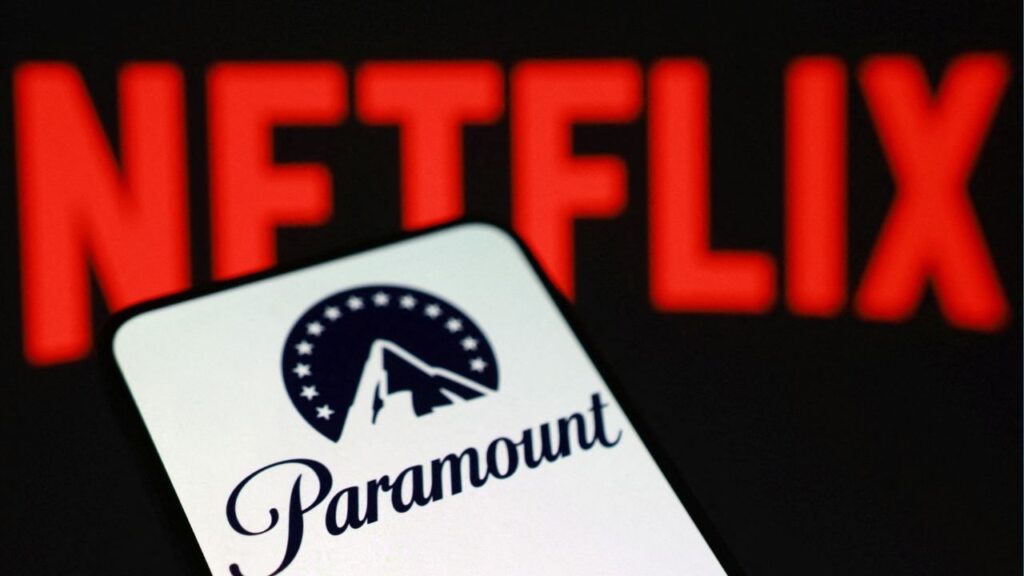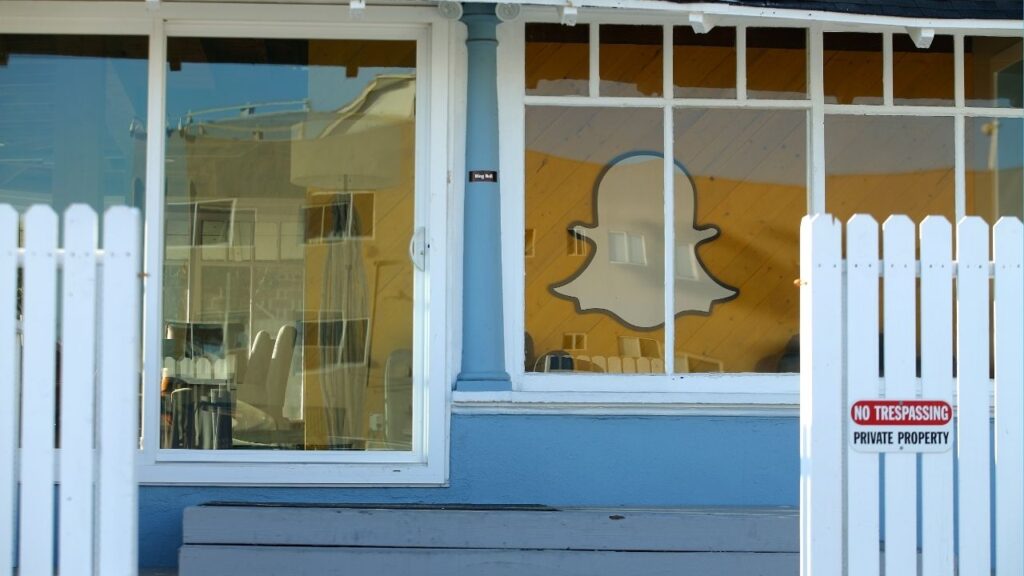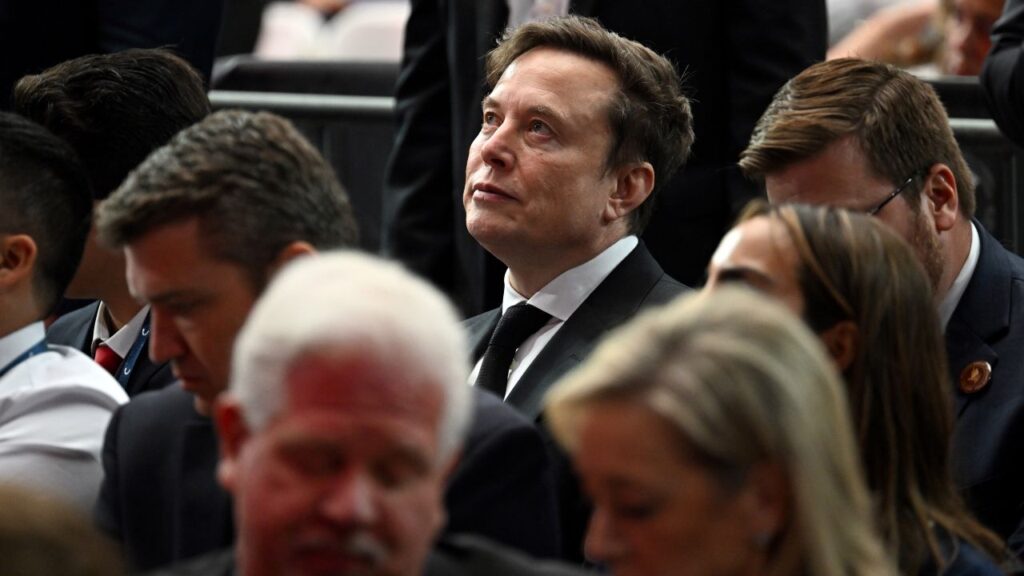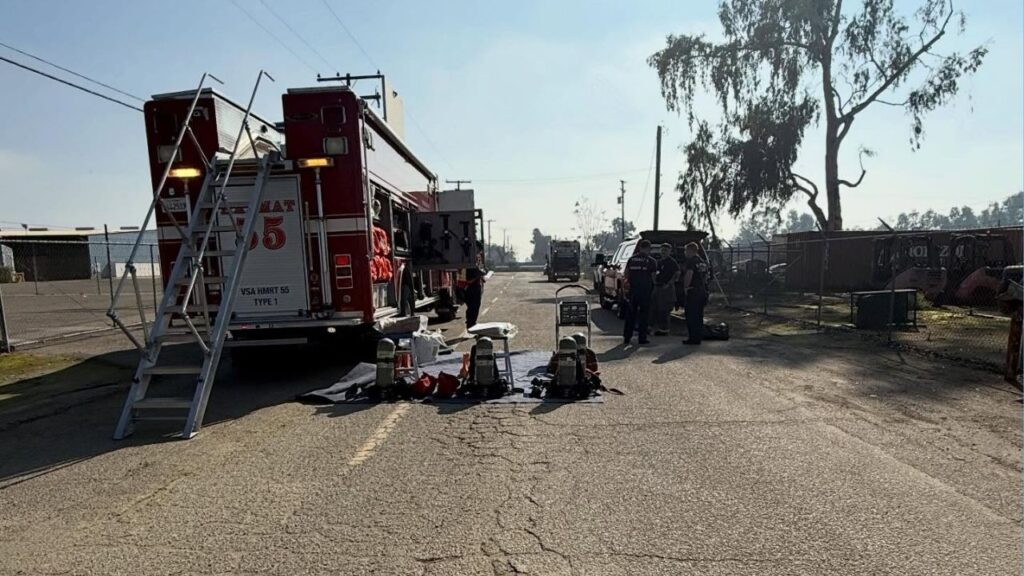Share
DETROIT — About 146,000 U.S. auto workers are set to go on strike this week if General Motors, Ford and Stellantis fail to meet their demands for big pay raises and the restoration of concessions the workers made years ago when the companies were in financial trouble.
Shawn Fain, the combative president of the United Auto Workers union, has threatened to strike any of the three companies that hasn’t reached an agreement by the time its contract with the union expires at 11:59 p.m. Eastern time Thursday.
Both sides began exchanging wage and benefit proposals last week. Though some incremental progress appears to have been made, a final agreement could come too late to avoid walkouts by UAW workers at factories in multiple states. Any strike would likely cause significant disruptions for auto production in the United States.
Here’s a rundown of the issues that are standing in the way of new contract agreements and what consumers could face if a prolonged strike occurs:
WHAT DO WORKERS WANT?
The union has asked for 46% raises in general pay over four years — an increase that would elevate a top-scale assembly plant worker from $32 an hour now to about $47. In addition, the UAW has demanded an end to varying tiers of wages for factory jobs; a 32-hour week with 40 hours of pay; the restoration of traditional defined-benefit pensions for new hires who now receive only 401(k)-style retirement plans; and a return of cost-of-living pay raises, among other benefits.
Perhaps most important to the union is that it be allowed to represent workers at 10 electric vehicle battery factories, most of which are being built by joint ventures between automakers and South Korean battery makers. The union wants those plants to receive top UAW wages. In part, that is because workers who now make components for internal combustion engines will need a place to work as the auto industry increasingly transitions to EVs.
“Our union,” Fain has said, “isn’t going to stand by while they replace oil barons with battery barons.”
Currently, UAW workers who were hired after 2007 don’t receive defined-benefit pensions. Their health benefits are less generous, too. For years, the union gave up general pay raises and lost cost-of-living wage increases to help the companies control costs. Though top-scale assembly workers earn $32.32 an hour, temporary workers start at just under $17. Still, full-time workers have received profit-sharing checks ranging this year from $9,716 at Ford to $14,760 at Stellantis.
Fain himself has acknowledged that the union’s demands are “audacious.” But he has argued that the richly profitable automakers can afford to raise workers’ pay significantly to make up for what the union gave up to help the companies withstand the 2007-2009 financial crisis and the Great Recession.
Over the past decade, the Detroit Three have emerged as robust profit-makers. They’ve collectively posted net income of $164 billion, $20 billion of it this year. The CEOs of all three major automakers earn multiple millions in annual compensation.
WHAT HAVE THE COMPANIES PROPOSED?
A contract offer from Ford proposed a cumulative 10% pay raise over the course of the four-year contract, plus several lump-sum payments, including $6,000 to cover inflation. GM has offered 10% as well, with similar lump sums. Stellantis (formerly Fiat Chrysler) offered 14.5% wage increases over four years, without lump sums in the wage package. But it proposed lump sums to cover inflation. All offered contract-ratification bonuses but rejected the shortened work week the UAW requested.
Under its proposal, Ford said it calculated that average annual pay, including overtime and lump-sum bonuses, would rise from an average of $78,000 a year last year to more than $92,000 in the first year of a new contract.
The companies have rebuffed the union’s demands as too expensive. The automakers’ argument is that they will be absorbing enormous capital expenses in the coming years to continue to build combustion-engine vehicles while at the same time designing electric vehicles and building battery and assembly plants for the future.
They also contend that too lavish a UAW contract would saddle them with expenses that would force up the retail prices of vehicles, pricing Detroit automakers above competitors from Europe and Asia. Outside analysts say that when wages and benefits are included, Detroit Three assembly plant workers now receive around $60 an hour while workers at Asian automaker plants in the U.S. get $40 to $45.
In a letter Friday, Mark Stewart, Stellantis’ chief operating officer, told employees that the company’s offer to the union would make it financially feasible to employ workers into the next generation.
“It also protects the company’s future ability to continue to compete globally in an industry that is rapidly transitioning to electric vehicles,” Stewart wrote.
WHAT HAPPENS NEXT?
The union and companies are continuing to trade wage and benefit counteroffers and will likely continue to do so into the work week ahead of Thursday night’s strike deadline.
“Things are moving but they’re moving very slow and we’ve got a long way to go in four days,” Fain said on a Sunday night video event.
On Friday, Fain said that the company offers weren’t enough and that he had put them in the trash. But he said he visited GM and Ford on Sunday and was preparing to meet with Stellantis on Monday.
On the one hand, the UAW has struck a confrontational stance. Its members voted 97% in August to authorize leaders to call for walkouts. It has filed unfair labor practice charges with the federal government against Stellantis and GM — charges that the companies have denied. And the union has called contract offers from all three companies “disappointing.”
Still, Fain has raised some hope by saying the union doesn’t want to strike and would prefer to reach contract agreements with the automakers.
A STRIKE CAUSE CAR PRICES TO GO UP?
Eventually. GM, Ford and Stellantis have continued to run their factories around the clock to build up supplies on dealer lots. But that’s also putting more money into the pockets of UAW members and strengthening their financial cushions.
At the end of August, the three automakers collectively had enough vehicles to last for 70 days. After that, they would run short. Buyers who need vehicles would likely go to nonunion competitors, who would be able to charge them more.
Vehicles are already scarce when compared with the years before the pandemic, which touched off a global shortage of computer chips that hobbled auto factories.
Sam Fiorani, an analyst with AutoForecast Solutions, a consulting firm, said the automakers had roughly 1.96 million vehicles on hand at the end of July. Before the pandemic, that figure was as high as 4 million.
“A work stoppage of three weeks or more,” Fiorani said, “would quickly drain the excess supply, raising vehicle prices and pushing more sales to non-union brands,” Fiorani said.
COULD A STRIKE HURT THE ECONOMY?
Yes, if it’s long and especially in the Midwest, where most auto plants are concentrated. The auto industry accounts for about 3% of the U.S. economy’s gross domestic product — its total output of goods and services — and the Detroit automakers represent about half of the total U.S. car market.
If a walkout occurs, workers would receive about $500 a week in strike pay —far short of what they earn while they’re working. As a result, millions of dollars in wages would be removed from the economy.
The automakers would be hurt, too. If a strike against all three companies lasted just 10 days, it would cost them nearly a billion dollars, the Anderson Economic Group has calculated. During a 40-day UAW strike in 2019, GM alone lost $3.6 billion.
WHICH SIDE HAS THE ADVANTAGE?
It’s hard to say. The companies have plenty of cash on hand to withstand a strike. The union has an $825 million strike fund. But it would be depleted in just under three months if all 146,000 workers walk out.
The union’s inability to organize U.S. factories run by foreign automakers represents a disadvantage for the union because those companies pay less than Detroit companies do.
But organized labor has been flexing its muscles and winning big contract settlements in other businesses. In its settlement with UPS, for example, the Teamsters won wages for its top-paid drivers of $49 an hour after five years.
So far this year, 247 strikes have occurred involving 341,000 workers — the most since Cornell University began tracking strikes in 2021, though still well below the numbers during the 1970s and 1980s.
RELATED TOPICS:
Categories


















